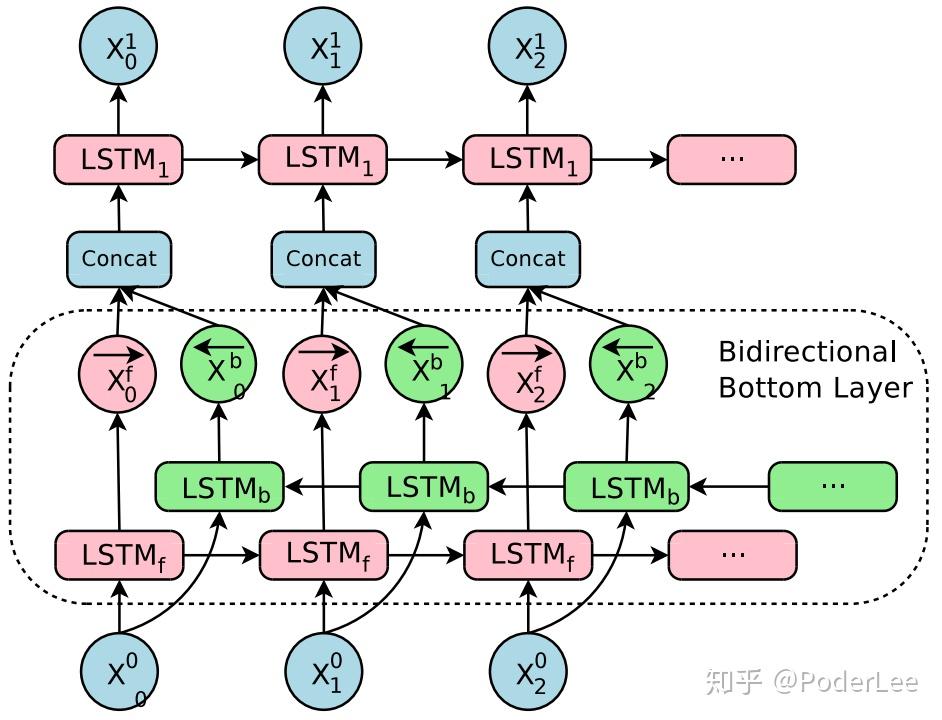|
Precision agriculture, also known as smart farming or satellite farming, is a revolutionary approach to farming that leverages advanced technologies to optimize agricultural practices. This innovative approach holds immense potential to improve crop yields, minimize resource waste, and promote sustainable farming. One of the key aspects of precision agriculture is the use of remote sensing technologies, such as satellite imagery, drones, and sensors. These tools provide farmers with real-time data about their fields, including information about soil moisture levels, nutrient content, temperature, and pest infestations. By analyzing this data, farmers can make informed decisions about when and where to apply water, fertilizers, and pesticides, reducing unnecessary applications and minimizing environmental impact. The integration of global positioning systems (GPS) in precision agriculture has further enhanced its effectiveness. GPS enables farmers to precisely map their fields and monitor their equipment's location and movements. This information allows for precise planting, irrigation, and harvesting, resulting in improved efficiency and reduced labor costs. Farmers can also create detailed field maps that highlight variations in soil composition, enabling them to implement site-specific management strategies tailored to each area's unique characteristics. Moreover, precision agriculture encompasses the use of automated machinery and robotics. Autonomous tractors and harvesters equipped with sophisticated sensors and algorithms can navigate fields without human intervention, carrying out tasks with remarkable accuracy. These machines reduce labor requirements, increase operational efficiency, and reduce the risk of human error. Additionally, they can be programmed to optimize fuel consumption, reduce soil compaction, and adjust operations based on changing field conditions. Data analysis and artificial intelligence play a crucial role in precision agriculture. By analyzing vast amounts of data collected from various sources, including weather patterns, crop growth stages, and historical yield records, AI algorithms can generate valuable insights and predictive models. These models can help farmers anticipate potential issues, such as disease outbreaks or yield fluctuations, and implement preventive measures in a timely manner. AI-powered systems can also automate tasks like crop monitoring, irrigation scheduling, and pest detection, enabling farmers to manage large-scale operations more efficiently. Precision agriculture offers numerous benefits to farmers and the environment. By optimizing resource usage, it reduces costs associated with excessive fertilizers, water, and energy consumption. It also minimizes the release of pollutants into the environment, improving soil quality and preserving natural ecosystems. Additionally, by providing farmers with accurate and timely information, precision agriculture empowers them to make informed decisions, leading to higher crop yields, improved product quality, and increased profitability. In conclusion, precision agriculture is transforming traditional farming practices by harnessing cutting-edge technologies. Through remote sensing, GPS, automation, and AI, farmers can optimize their operations, maximize productivity, and minimize environmental impact. This innovative approach holds great promise for ensuring sustainable food production in the face of global population growth and climate change. As technology continues to advance, precision agriculture will undoubtedly play a vital role in feeding the world's growing population while preserving our precious natural resources.  |
